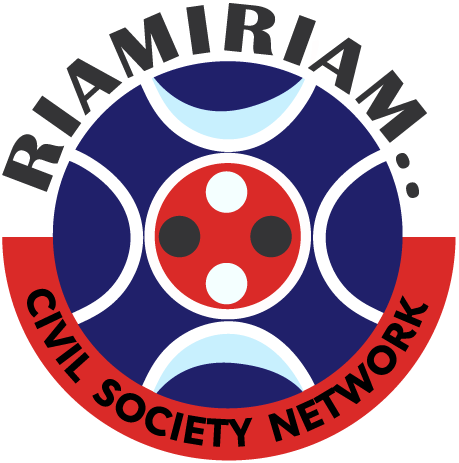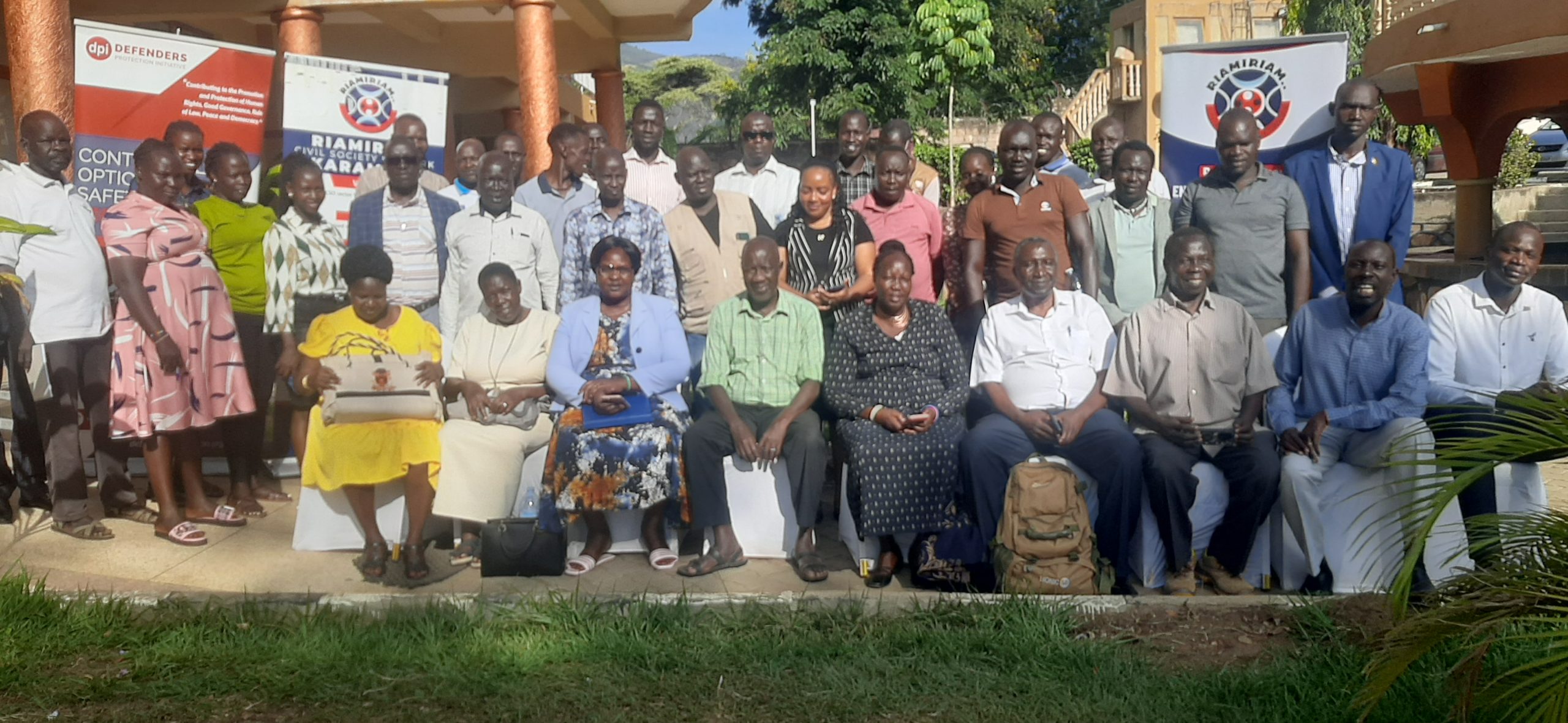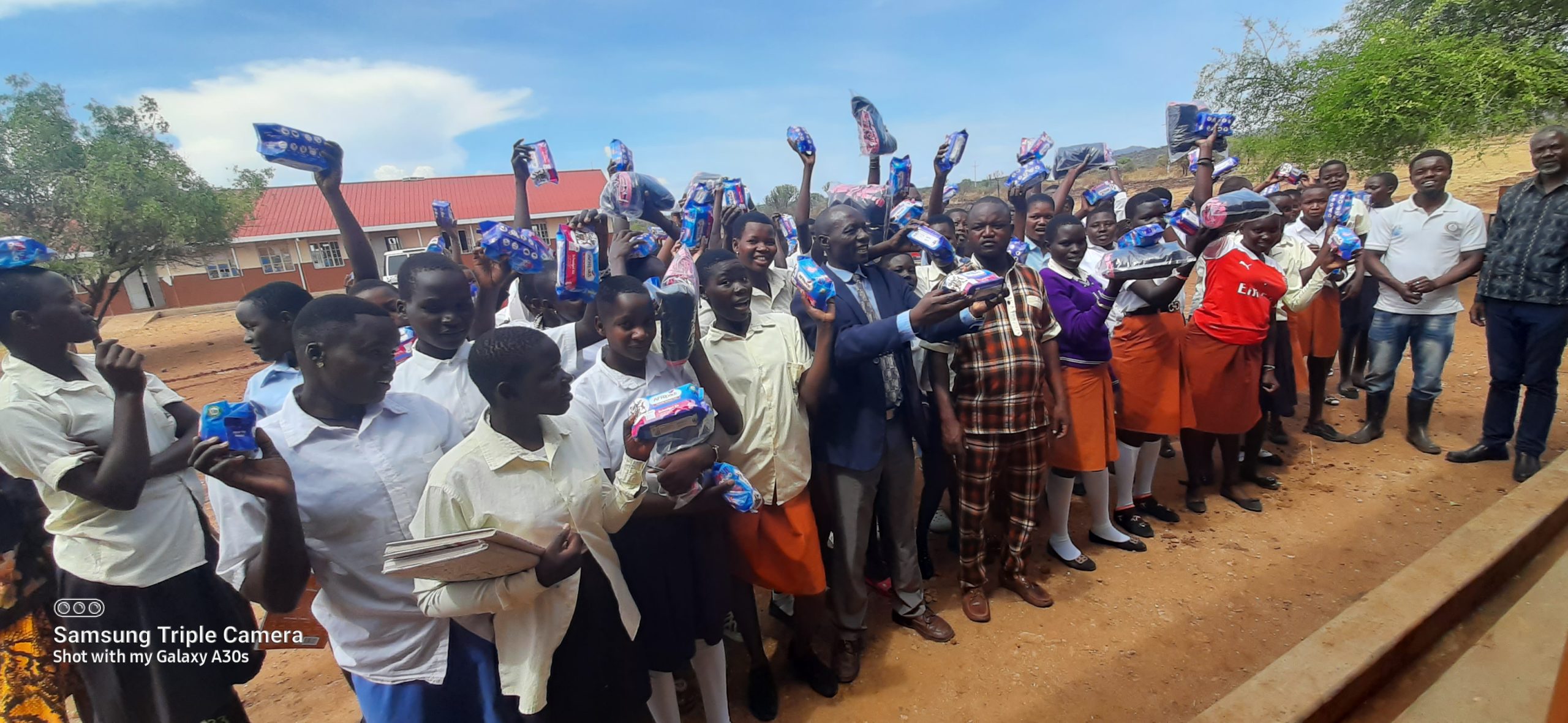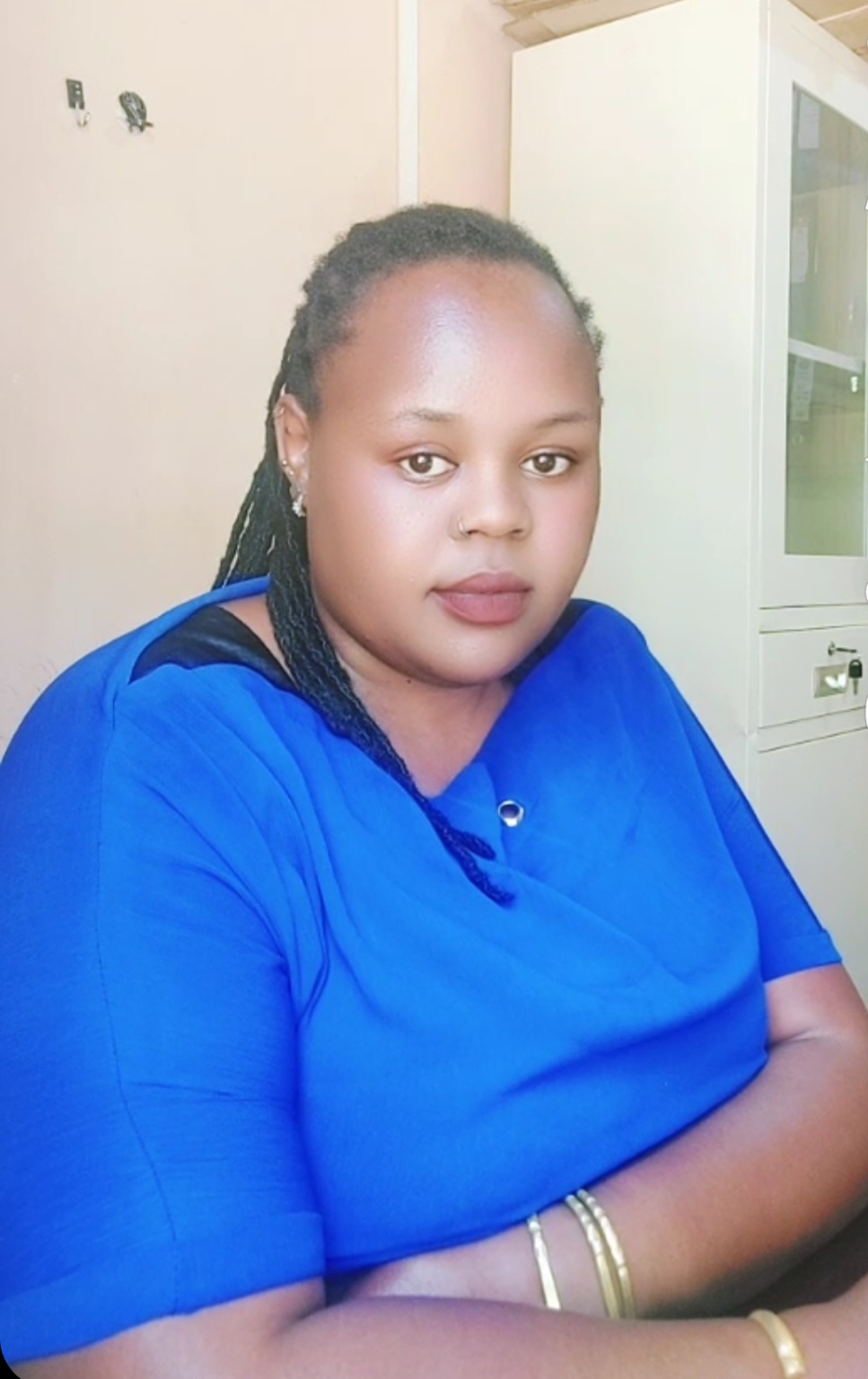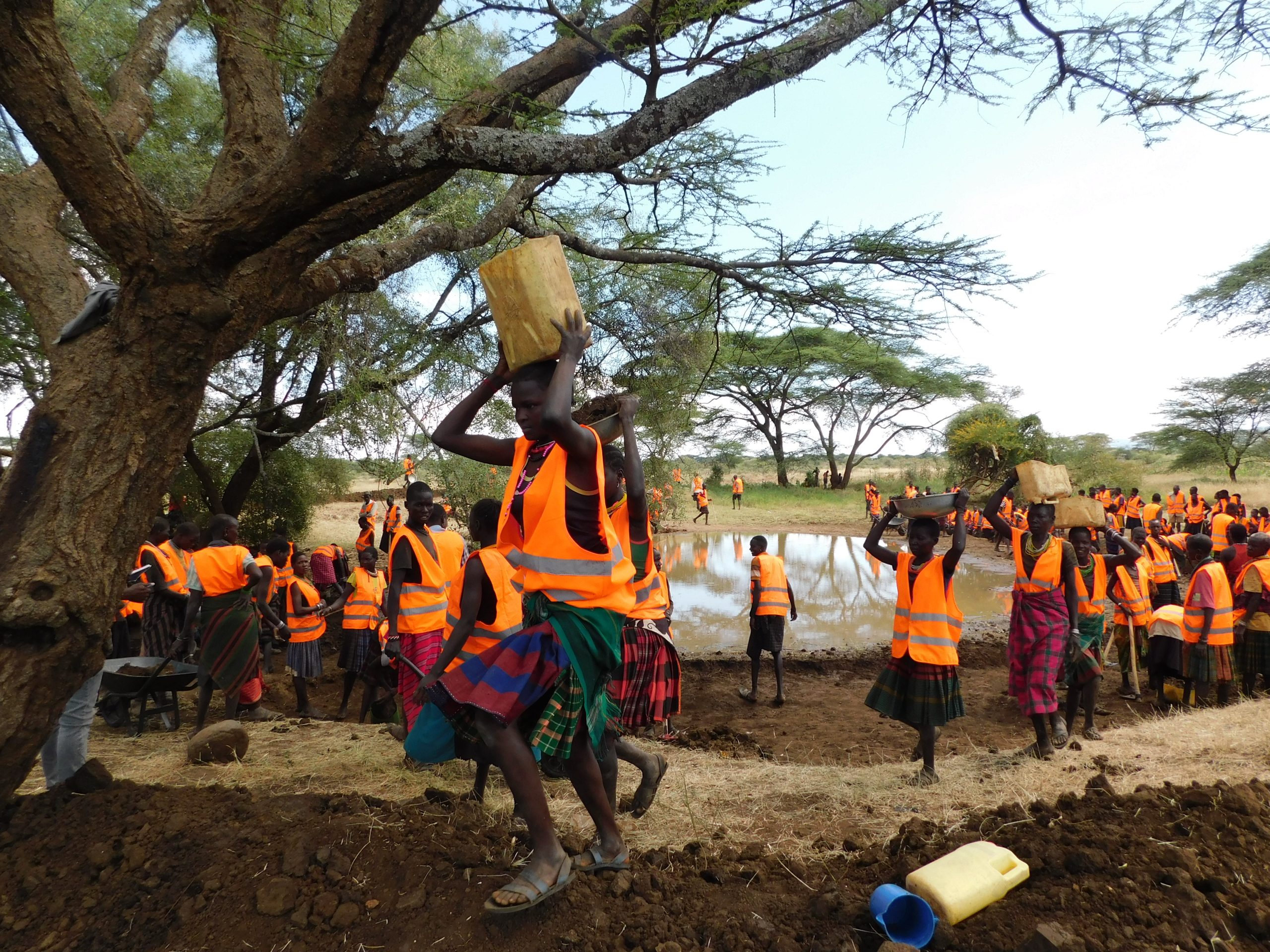
Now My Cows Can Drink Again
In Lonyasan Village, Rupa Sub- County, Moroto District, the scorching Karamoja sun beats down relentlessly on the parched earth. The dry landscape stretches as far as the eye can see, devoid of any signs of life-giving water or lush pasture. Loku Lokwameri’s village, once a thriving hub of pastoral activity, has been ravaged by drought and neglect. The cracked soil, withered trees, and empty waterholes paint a dire picture of desperation.
It is here that Lokiru’s story unfolds, a tale of struggle and resilience. His emaciated cows, once the pride of his family, now struggle to find water. The only pond, built in the 1980s, lies silted and useless, a stark reminder of the community’s plight.
“I had to migrate my cattle to distant areas like Kobebe Dam, but it was far, costly, and they grew weaker,” Lokiru shares. “Worst of all, I couldn’t feed my family. Without water, the cows couldn’t produce milk, and the lack of grass meant no meat. We were on the brink of disaster.
“But Lokiru’s story is not unique. Karamoja’s pastoral communities face numerous challenges, including drought, insecurity, famine among others.And this is where the Building Resilience in Conflict Affected and Fragile Communities of Karamoja (BRICK) project seeks to address these issues comes in.
Riamiriam Civil Society Network-Karamoja, in collaboration with GARD, VEDCO, Warrior Squad Foundation, and Better World, with funding from UNDP and KOICA, is implementing the six-month BRICK project.
About 7,500 members of the community participated in the cash for work activities in the whole of Karamoja which included opening of access roads to facilitate access to vital social services like markets, health facilities, schools, de-silting of water ponds to enable cows, goats, sheep etc to have access to water and regenerating trees in order to protect environment.
Riamiriam Civil Society Network-Karamoja has identified 2,100 participants for cash for work in Pupu,Lobuneit,Nakiloro,Lotisan Parishes in Rupa subcounty, Moroto District.
The project aims to address three interconnected challenges which include high vulnerability to climate change, poverty, and food insecurity, inter-communal tensions and conflicts in the vast border regions of Karamoja and rising prevalence of violence against women and girls.
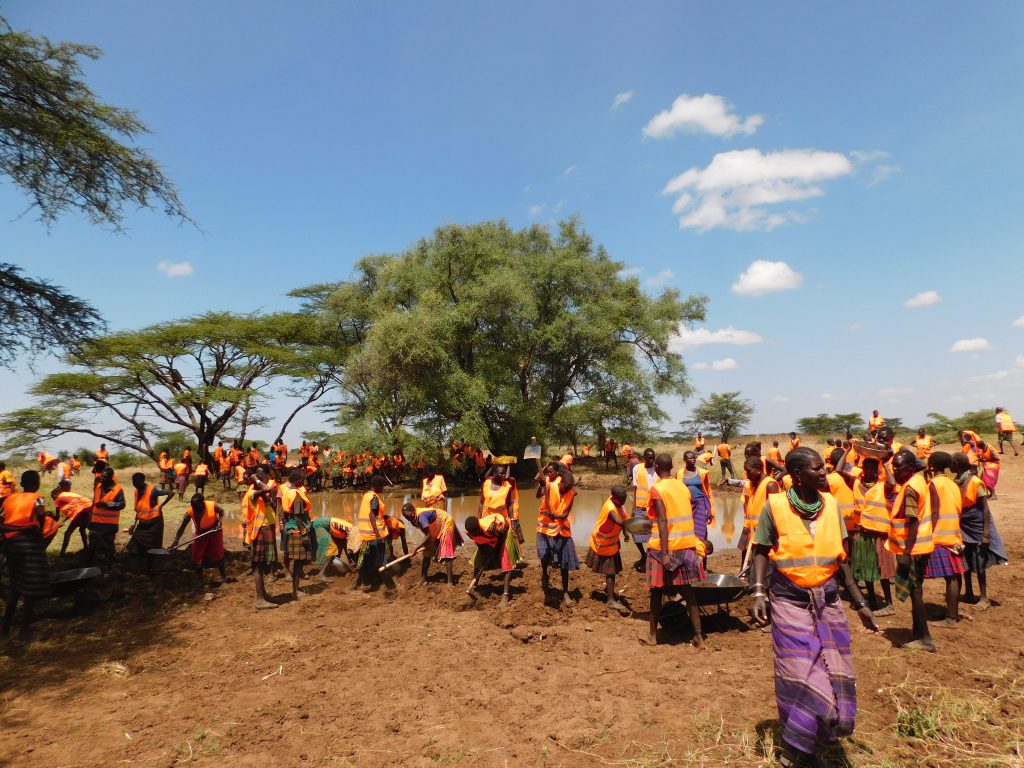
Richard Omoding, the Executive Director, Riamiriam Civil Society Network-Karamoja explains that by promoting sustainable development through local ownership and leadership, the BRICK project seeks to enhance community resilience, promote sustainable livelihoods, reduce violence against women and girls and foster inter-communal peace and cooperation.
Through the project’s Cash for Work program, the dam was desilted, and Lokiru received cash incentives for his labor.
As the dam’s waters began to flow, Lokiru beamed: “Now my cows can drink again!
“Today, his livestock thrives, and Lokiru’s income and food security have increased. Over 500 households now have reliable water access, strengthening community resilience to climate change.
“The revitalized dam is a testament to community-driven initiatives,” says Richard Omoding, Executive Director, Riamiriam Civil Society Network – Karamoja. “We’re proud to support pastoralist families like Lokiru’s.
“According to the UNDP’s 2022 Karamoja Resilience Report, “water scarcity affects 75% of pastoralist households.” Riamiriam’s efforts are crucial in addressing this challenge.
“Water availability has significantly improved livestock health,” notes Dr. Inangolet, the Production Coordinator, Moroto District. “This initiative will reduce animal mortality rates which is always common during the dry season in the community.
“The BRICK project’s impact will extend beyond its duration, serving as a best practice for homegrown and sustainable approaches to the Humanitarian-Development-Peace (HDP) nexus. ENDS.
James Odong Communication Officer Riamiriam Civil Society Network-Karamoja
